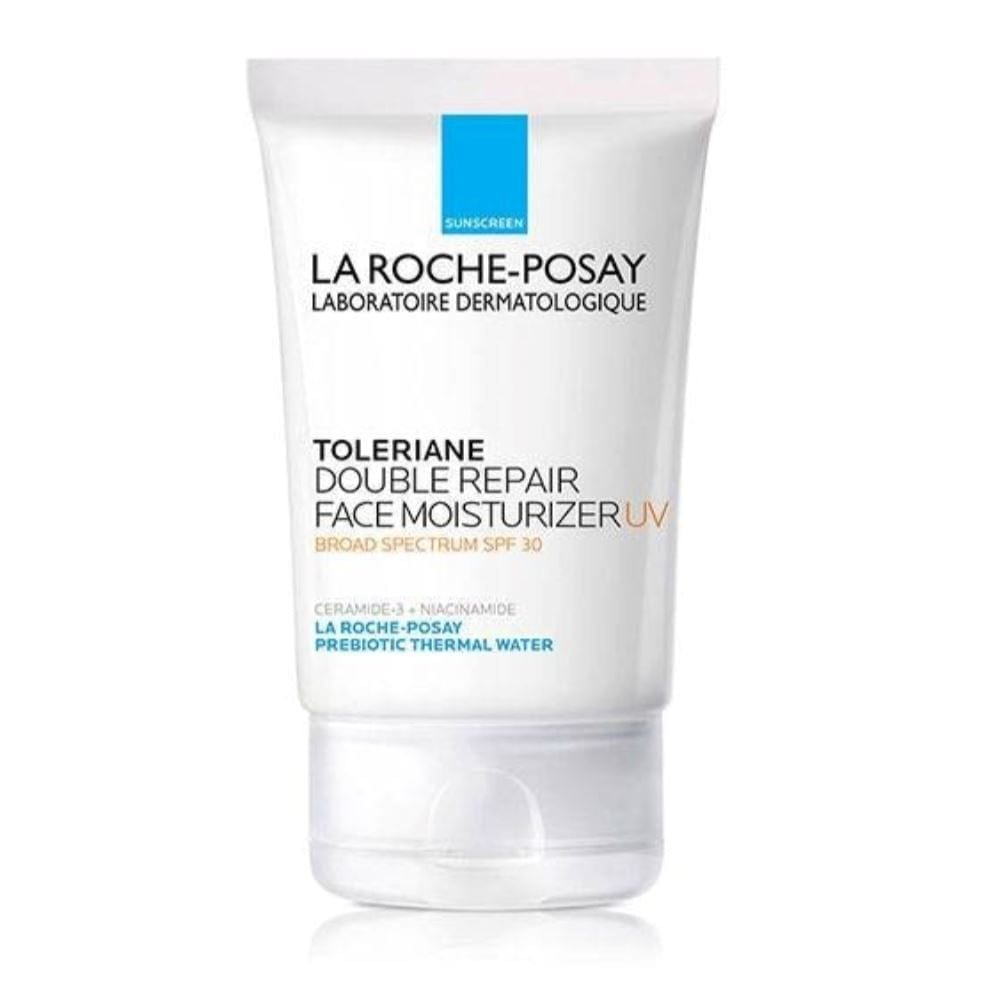Blitz News Digest
Stay updated with the latest trends and insights.
Moisturizer Myths Busted: What You Really Need to Know
Uncover the truth behind common moisturizer myths and discover what your skin really needs for a healthy glow!
The Truth About Moisturizers: What Works and What Doesn't
The truth about moisturizers can often be misleading, as many products claim to deliver miraculous results without a solid basis in science. When choosing a moisturizer, it's essential to identify your skin type and the specific needs it has. For instance, dry skin may benefit from heavier creams containing occlusive ingredients like petroleum jelly or dimethicone that trap moisture. On the other hand, those with oily skin should look for lightweight, non-comedogenic formulas that hydrate without adding excess oil. In this sea of choices, understanding the ingredients can help consumers make informed decisions.
However, not all ingredients are created equal. Humectants, such as hyaluronic acid and glycerin, are effective at drawing moisture into the skin and can be found in many popular moisturizers. In contrast, some moisturizers contain irritants that can do more harm than good. Always check for potential allergens or harsh chemicals that may cause breakouts or exacerbate skin conditions. Remember, what works for one person might not work for another, so a little trial and error is often necessary to find your perfect match in the world of moisturizers.

Common Moisturizer Myths Debunked: Separating Fact from Fiction
When it comes to skincare, particularly moisturizers, there's a multitude of myths that can mislead consumers. One common misconception is that individuals with oily skin should avoid moisturizers altogether. This belief stems from the fear that moisturizing will exacerbate oiliness. In reality, moisturizers are essential for all skin types, including oily skin, as they can help to balance oil production and maintain hydration. By choosing lightweight, non-comedogenic formulas, oily-skinned individuals can reap the benefits of hydration without adding excess grease.
Another prevalent myth is that the price of a moisturizer directly correlates with its effectiveness. Many assume that the higher the price tag, the better the product must be. However, effectiveness often depends on the ingredients rather than the brand's prestige or cost. For instance, a simple moisturizer containing hyaluronic acid or glycerin can be just as effective as one marketed as a luxury item. Consumers should focus on reading labels and understanding their skin's specific needs, rather than falling for marketing tactics that prioritize price over quality.
Do You Really Need a Moisturizer? Exploring the Essentials for Healthy Skin
When it comes to skincare, one of the most debated topics is whether you truly need a moisturizer. For many, the assumption is that dry skin is a sign you must slather on a hydrating cream. However, the need for moisturization is not universal and can vary based on skin type, environmental factors, and personal lifestyle. Individuals with oily or acne-prone skin may wonder if using a moisturizer will exacerbate their issues, while those with dry or sensitive skin often find relief in incorporating a moisturizer into their daily routine.
The essentials for healthy skin go beyond just moisturization. To determine if you need a moisturizer, consider the following factors:
- Your skin type - Is it oily, dry, combination, or sensitive?
- The climate - Areas with harsh weather may require extra hydration.
- Your daily activities - Certain lifestyles may demand different skincare routines.